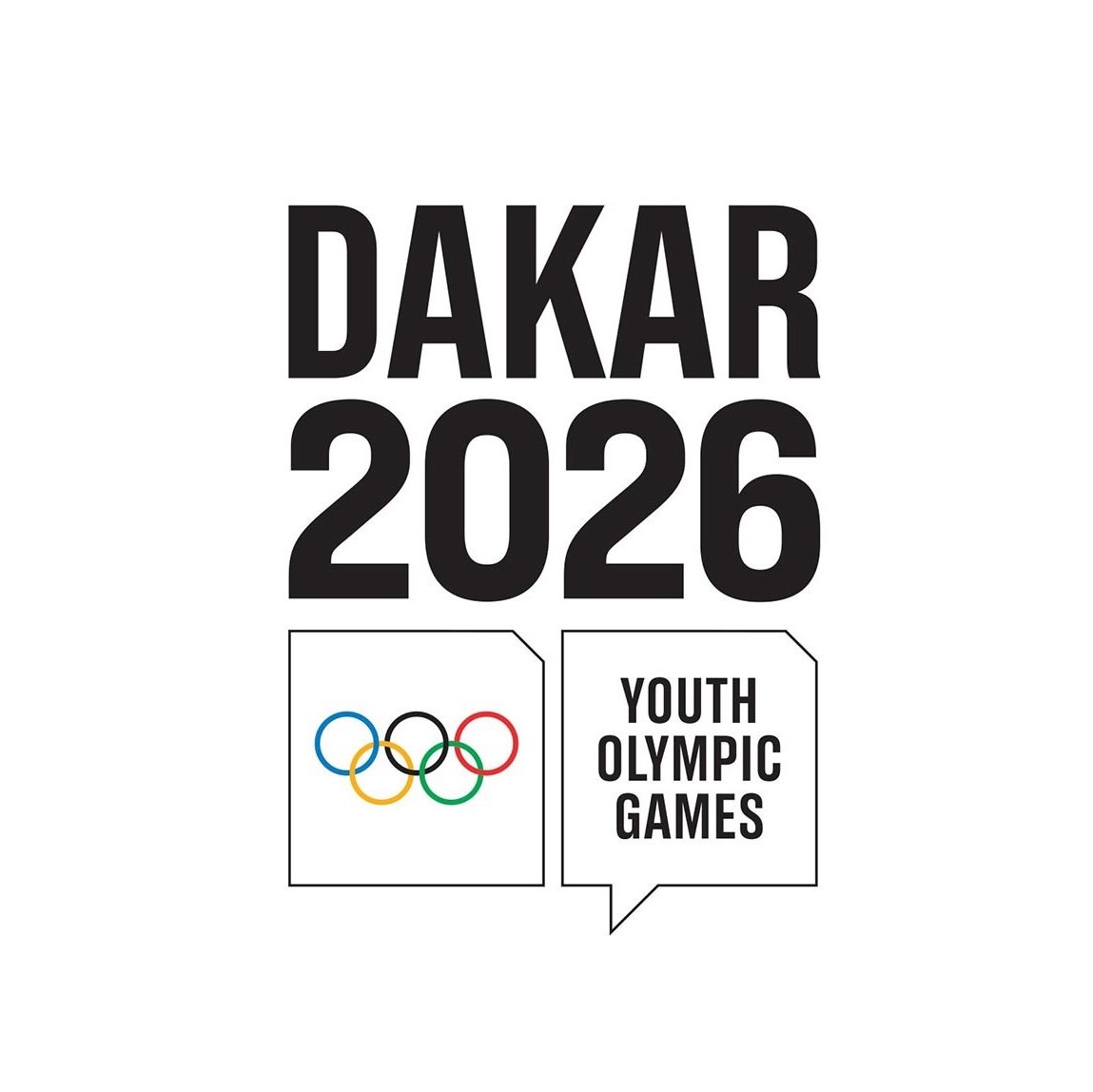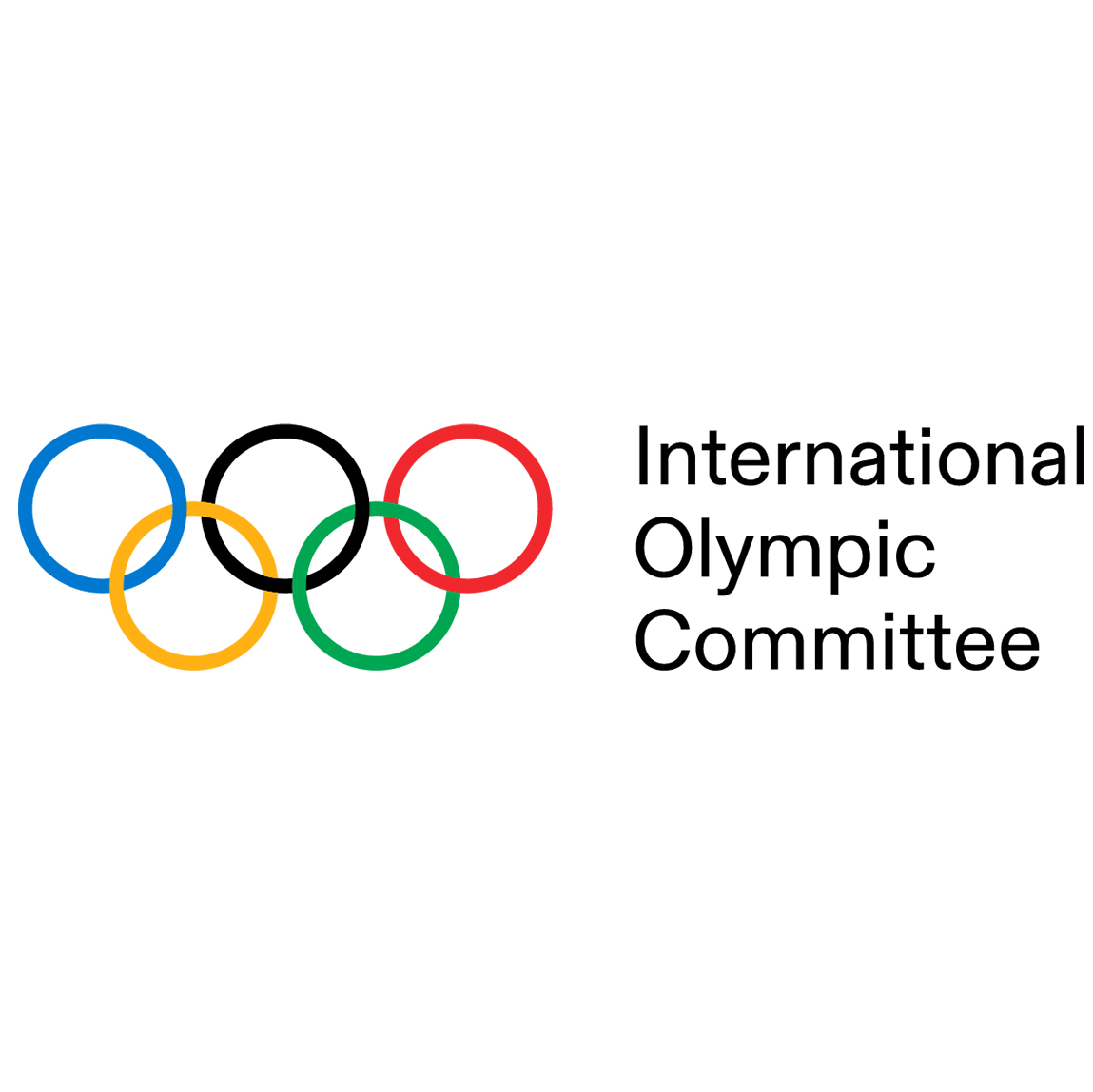ANOC : Data Disclaimer
- Data categories and sources of data
The Association of National Olympic Committees (hereafter “ANOC”, “the association”, “the organization”, “we”) process data that is acquired directly from yourself, or within the relationship you have with the organization, i.e. as IOC, NOC , International Federation or Continental Association, Sponsors, members…, event Organization or Organizer fallen within the scoop of activities of ANOC or an employee.
It is possible that public bodies or other sources may be used to obtain data. The respective source is responsible to ensure compliance with GDPR.
Examples for the categories of personal data, which can be processed by ANOC, are:
- Personal identification data, such as name, date of birth and contact details, phone number, bank account,
- Electronic identification data,
- Professional data, such as information in regards to your employment, educational background or qualification,
- Intellectual data, i.e. from your involvement into our working groups, forums or your speeches at our events;
- Visual and audio material, such as pictures or recordings from events;
Furthermore, for employees, banking and financial data, i.e. bank account information may be processed.
ANOC does not collect any personal information from users accessing its website. The public areas of the website can be accessed anonymously. Only aggregate data, such as the number of hits per page, are collected and used for internal statistical purposes only. They do not allow personal identification.
If you use the contact form our website, your type of request may be extracted for us to monitor the type and frequency of requests we receive. We will not contact you based on the information we log, unless you actively opt in by ticking the box in the pop-up window when submitting your request. You have the option to choose your fields of interest and whether or not you would like to receive further information in this regard automatically in the future. You have the right to opt out again at all times via the unsubscribe function.
Further to the categories of data mentioned above, ANOC guarantees that we neither request, collect nor process special categories of personal data (i.e., personal information specifying criminal offences/convictions, medical or health conditions, biometric or genetic data, racial or ethnic origin, political opinions, religious or philosophical beliefs, trade union membership or information specifying the sex life of the individual).
ANOC is committed to complying with the provsions of the Swiss Data Protectionn law and GGPR .
- Lawful basis and purpose of the processing
We process your personal data purpose-related and based on Swiss Law and on on the legal grounds listed in Art. 6, Par. 1 GDPR.
– Legitimate interest (Art. 6, Par. 1f GDPR)
Most of our processing activities are based on a legitimate interest of our association or a third party. We follow a process to carefully measure our interest against yours in a detailed legitimate interest assessment. As far as the purpose of the processing allows, your data is processed pseudonymised or anonymized.
– to fulfil contractual or pre-contractual obligations (Art. 6, Par. 1b GDPR)
Your data will be processed to provide services to you within the framework of our business contract. An example for such services is the processing of event registrations. The purpose of the processing is linked to the contractual agreements between yourself and ANOC, alongside related documentation, where additional information can be found.
We may also process your data:
– based on your consent (Art. 6, Par. 1a GDPR)
To the extent you have explicitly consented to the processing of your data such consent constitutes a lawful basis for the data processing in accordance with Art. 6, Par. 1a until you withdraw your consent. You have the right to withdraw your consent at all times.
– based on legal and/or regulatory requirements (Art. 6, Par. 1c GDPR)
– based on public interest (Art. 6, Par. 1e GDPR)
– based on protecting a vital interest of the data subject or another natural person (Art. 6, Par. 1d GDPR)
- Profiling and automated decision-making
ANOC does not use profiling or automated decision-making as per Art. 22 and recital 71.
- Third-party data processing
The association appoints service providers as data processors in order to perform certain tasks on behalf of the association. Examples for types of providers are in the IT or the HR sector.
It is possible that personal data has to be transmitted to third parties in the course of the outsourcing process, respecting legal requirements.
The transfer is always based on a legitimate legal ground (see paragraph 2) and respecting the requirements of the GDPR. We perform checks on the third parties we choose for the processing and assess the providers’ compliance with GDPR.
Data is also being transferred to public authorities and audit firms when required.
- Transfer to third countries
Your data can be transferred to countries outside the European Union if the type of instruction (or a legal obligation) requires the association to do so. Examples for reasons for a transfer to a third country can be ANOC’s cooperation with a service provider or the organization of an event. (E.g. Olympic Games, Continental Games or another sports Events directs or indirect limited to ANOC)
- International data transfers
- – Information that we collect may be stored and processed in and transferred between any of the countries in which we operate in order to enable us to use the information in accordance with this policy.
- – Information that we collect may be transferred to the following countries which do not have data protection laws equivalent to those in force in the European Economic Area: the United States of America, Russia, Japan, China and India.
- – Personal information that you publish on our website or submit for publication on our website may be available, via the internet, around the world. We cannot prevent the use or misuse of such information by others.
- Provision of data
Most data obtained from data subjects, such as members, employees, event participants, business partners and their employees is acquired directly from the respective people on a voluntary basis.
Certain data, such as identification data and contact details must be provided to enable ANOC to enter into, carry out or end the relationship with you.
- Storage of personal data
All data related to the fulfilment of ANOC’s purpose or legal obligations will be stored as long as necessary amd will be deleted when no longer necessary to store the data pr will restrictz how it is processed if legal obligations to retain deta exiost t.
For those processes where ANOC has a legitimate interest to process and store your data in its central database, you have the right to object to such processing at all times (please refer to section 10 ).
- Cookies
- – Our website uses cookies.
- – A cookie is a file containing an identifier (a string of letters and numbers) that is sent by a web server to a web browser and is stored by the browser. The identifier is then sent back to the server each time the browser requests a page from the server.
- – Cookies may be either “persistent” cookies or “session” cookies: a persistent cookie will be stored by a web browser and will remain valid until its set expiry date, unless deleted by the user before the expiry date; a session cookie, on the other hand, will expire at the end of the user session, when the web browser is closed.
- – Cookies do not typically contain any information that personally identifies a user, but personal information that we store about you may be linked to the information stored in and obtained from cookies.
- – We use only session cookies on our website.
- – Most browsers allow you to refuse to accept cookies; for example:
- (a) in Internet Explorer (version 11) you can block cookies using the cookie handling override settings available by clicking “Tools”, “Internet Options”, “Privacy” and then “Advanced”;
- (b) in Firefox (version 47) you can block all cookies by clicking “Tools”, “Options”, “Privacy”, selecting “Use custom settings for history” from the drop-down menu, and unticking “Accept cookies from sites”; and
- (c) in Chrome (version 52), you can block all cookies by accessing the “Customise and control” menu, and clicking “Settings”, “Show advanced settings” and “Content settings”, and then selecting “Block sites from setting any data” under the “Cookies” heading.
- – Blocking all cookies will have a negative impact upon the usability of many websites.
- – If you block cookies, you will not be able to use all the features on our website.
- – You can delete cookies already stored on your computer; for example:
- (a) in Internet Explorer (version 11), you must manually delete cookie files (you can find instructions for doing so at http://windows.microsoft.com/en-gb/internet-explorer/delete-manage-cookies#ie=ie-11);
- (b) in Firefox (version 47), you can delete cookies by clicking “Tools”, “Options” and “Privacy”, then selecting “Use custom settings for history” from the drop-down menu, clicking “Show Cookies”, and then clicking “Remove All Cookies”; and
- (c) in Chrome (version 52), you can delete all cookies by accessing the “Customise and control” menu, and clicking “Settings”, “Show advanced settings” and “Clear browsing data”, and then selecting “Cookies and other site and plug-in data” before clicking “Clear browsing data”.
- Your rights as a data subject
In the context of your rights under GDPR with regards to the processing of your data you are welcome to contact us using the contact details stated at the beginning of this policy.
The most important rights you have in your relationship with ANOC are outlined in the following. You can find an exhaustive list of your rights and further explanations in Art.15-22 and Art. 77 of GDPR.
Right to access (Art. 15 GDPR)
Right to rectification (Art. 16 GDPR)
Right to erasure (Art. 17+19 GDPR)
Right to restriction of processing (Art. 18+19 GDPR)
Right to data portability (Art. 20 GDPR)
Right to object (Art. 21+22 GDPR)
You also have the right to object to the processing of your data if it is based on a legitimate interest assessment of the association (Art. 6 Par. 1f GDPR), if the processing is based on profiling (Art. 4 Par. 4) or public interest (Art. 6 Par. 1e GDPR).
If you object, the processing of your data must be stopped unless ANOC has compelling legitimate grounds for the processing which override the interests, rights and freedoms of the data subject (you) or for the establishment, exercise or defense of legal claims.
Right to object to data processing for direct marketing purposes (Art. 21 GDPR)
You have the right at all times to object to the processing of your data for direct marketing purposes.
Right to complain (Art. 77 GDPR)
You have the right at all times to lodge a complaint with a data protection authority, withregards to the processing of your data.
11.The person responsible pursuant to Art 4(7) of the GDPR is:
If you desire additional information or wish to withdraw or revoke your expressly given consent ,you can always contact us on: info@anocolympic.org





















